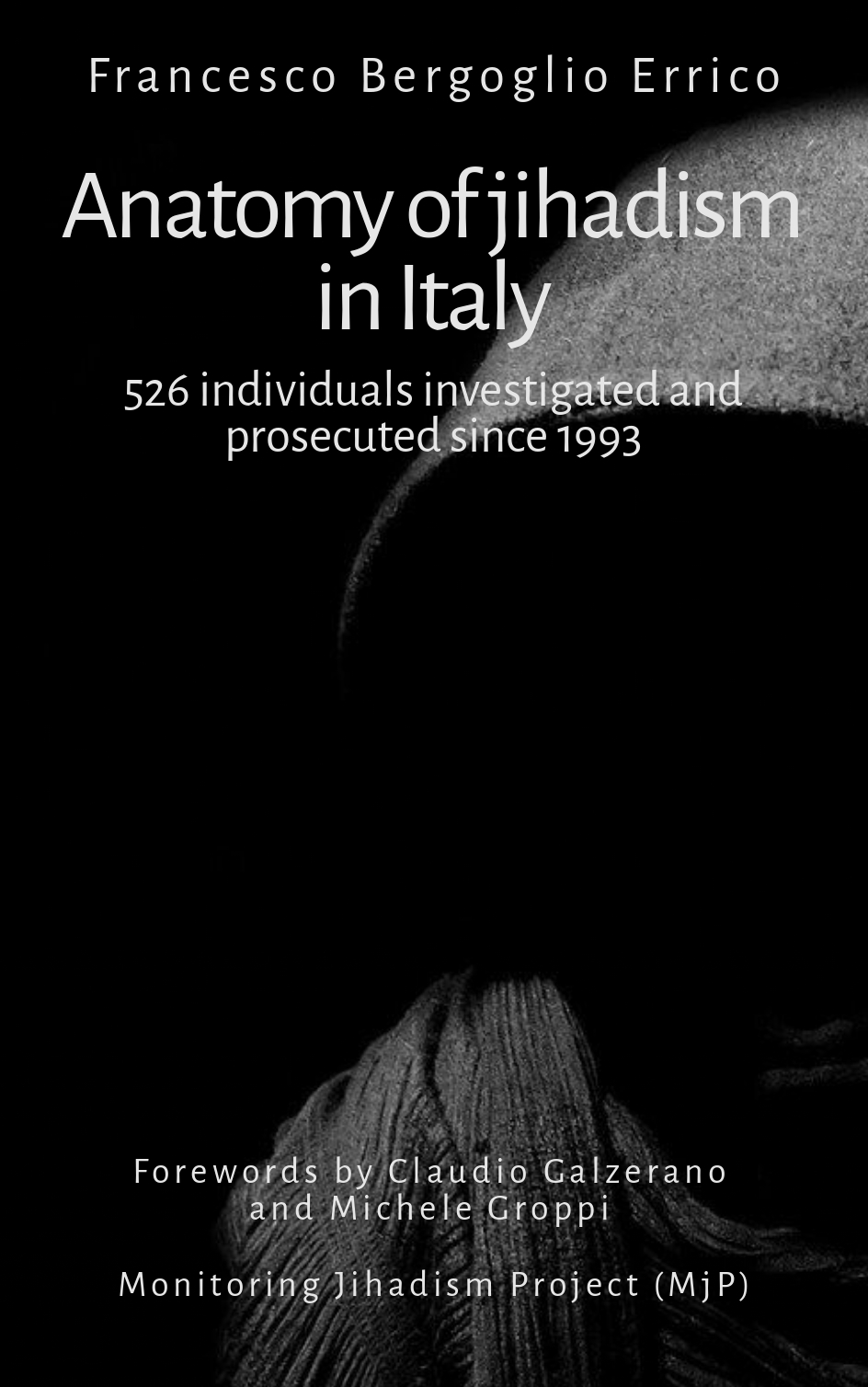Ilyass Hadouzi
Ilyass Hadouzi was born in Sidi Slimane, Morocco, on the 7th of February 1999 and was living in Fossano, in the province of Turin, when arrested in March 2018. In June 2019 he was tried for the crimes of association with a terrorist organisation (specifically Islamic State) and for inciting violence. He was subsequently found not guilty for the first charge and received a suspended sentence of 1 year and 8 months for the second charge, with the judge recognizing “mitigating circumstances”.
Following the interrogations with Italian authorities, it emerged that Ilyass came to Italy in 2014, where he joined his mother. Ilyass’ parents were separated, and the relationship with his father has been described as “sporadic and discontinuous”. It is worth noting that both his parents had been living (separately) in Italy since 2012, along with his sister. He had reportedly hoped that his father would move in with him in Italy, but at that point, the man had a new family. His mother also later married an Italian man named Fulvio C.
Before coming to Italy, Ilyass Hadouz had been living in Morocco with his grandparents. Together with them also lived a girl slightly older than Ilyass, who his mother had brought in as a carer for the grandparents. This girl, named Fatima, was, according to Ilyass, instrumental in the lead-up to his criminal behaviour. According to his testimony, the girl kept harassing Ilyass, shouting at him and vexing him. This apparently contributed to the deterioration of his mental state, as he himself stated that he had “issues in the head”.
While for some time Ilyass’ family did not bother with his issues with Fatima, eventually his mother and sister brought him to Italy. Once there he lived in Alba for 2 years before moving to Fossano. In Italy, Ilyass had reportedly hoped to make a career in football, but it quickly became apparent that he had issues integrating. He did not attend school, preventing him both from learning the language and from socializing. This has led to a spiral of self-isolation, which is a context conducive to facilitating radicalisation. He stated that he was afraid other people would “treat him as Fatima did”.
He admitted that also when he was younger he would browse the internet for long periods of time. But in Italy that practice devolved into a pathologic form of stress relief, especially during late-night hours. An intercepted phone call from his mother revealed that she had started to worry about his son’s mental state, as he had become a recluse, spending days inside his room (starting around June 2017), and showing erratic behaviour. At one point his mother admitted to some of her friends that she was afraid one day Ilyass would “kill everyone”.
He had also started letting his beard grow, likely following the precepts of radical Islam. Ilyass admitted to the authorities that in the past he had not been a particularly religious person, and the same was true for his family. He was Muslim because of tradition rather than genuine belief. Nonetheless, possibly due to his social inadequacy, he admitted to starting to look for “advice” on the internet. He told the prosecutor that when he accidentally found radical Islamic content, this presented him with comforting narratives, though he always denied sharing its violent beliefs.
What sparked the investigation was the finding, by the anti-terrorism section of the Carabinieri in Rome, of 7 different social media accounts all traceable back to Ilyass Hadouzi. Of these accounts, 3 were on Facebook, 2 on X (then known as Twitter), and 2 on Instagram. Not all of these accounts had material of interest for the investigation, but many presented profile pictures, posts, and material that related directly to jihadist propaganda. His Twitter accounts followed personalities and “news agencies” (identified as IS propaganda) that would post news regarding the fighting in Syria and Iraq. One of his Facebook accounts had, in its profile picture, an image of the British Foreign Terrorist Fighter known as “jihadi John”. Other profiles shared and liked content that would celebrate martyrdom or were part of groups relating directly to IS, such as that of “Islamic State resources” dedicated mainly to spreading propaganda favourable to the former caliphate.
The change of picture on one of these profiles made authorities believe that he might have reached the proactive phase in his radicalisation process, prompting the arrest.
Ilyass maintained through all interrogations that he did not resent anyone in his family and that he had good relations with both the new husbands of his mother (the second being another Moroccan national married after a divorce with C., who kept supporting them economically even after leaving). He also said he “felt well in Italy” and that he did not mean to harm anyone, often reiterating that while attracted to some of the themes presented on those jihadist web pages, he never shared their beliefs.
The judge has found that while Ilyass never concretely dedicated himself to a specific jihadist cause, through his online behaviour he promoted extremist material that contributed to spreading IS’ violent message, thus finding him guilty of inciting violence.




